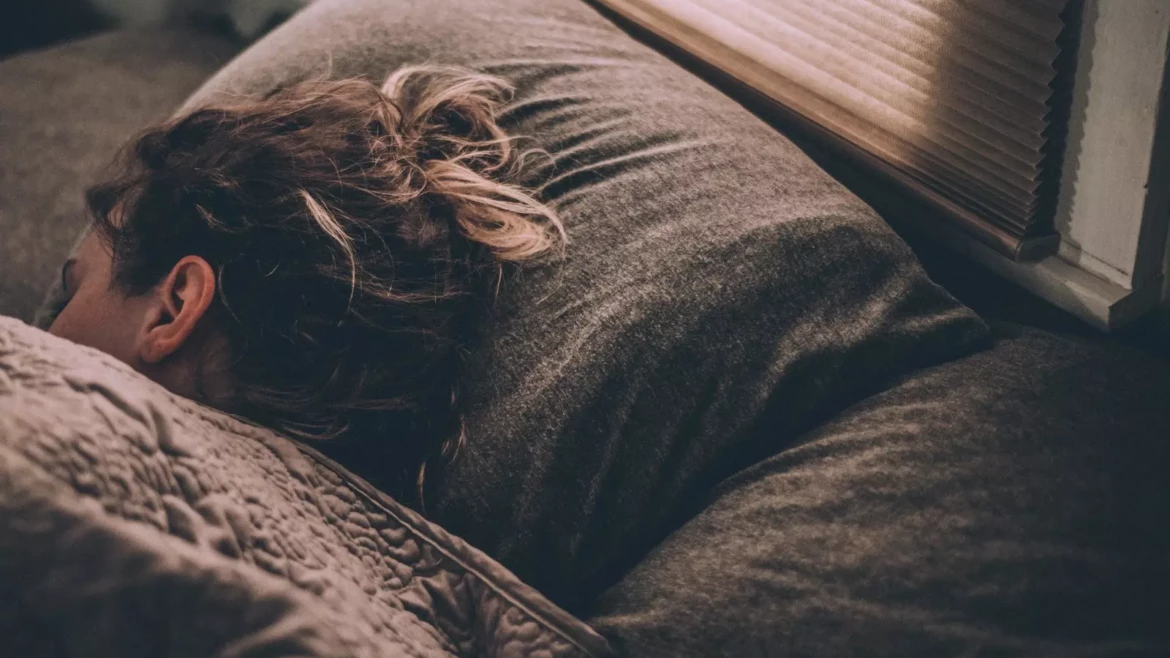1. Sleeping less than 5 hours is hazardous to well-being, new study finds
The famous inventor Thomas Edison claimed he only required about three to four hours of sleep each night, according to The New York Times. Yet a new study from PLoS Medicine found those who sleep five hours or less around the age of 50 have a 30% greater risk of multiple illnesses than those who sleep seven hours.
The study used data spanning 25 years and examined whether sleep duration is associated with incidence of a first chronic disease, subsequent multimorbidity and mortality. It found shorter sleep at 50 was also associated with a higher risk of death during the study period, mainly linked to the increased risk of chronic disease.
“This work reinforces that getting only short sleep is not good for us,” Professor Derk-Jan Dijk, Director of the UK’s Surrey Sleep Centre, told BBC News. “Generally, it’s not healthy – although for some, it may be OK. The big question is why do some people sleep less. What is causing it and is there anything we can do about it? Sleep is a modifiable lifestyle factor to a certain extent.”
2. The next pandemic could emerge from melting glaciers
Viruses and bacteria have been discovered locked up in glacier ice, and scientists say that they could spill over into animals as the ice melts due to climate change.
The risk of viral spillover – where a virus infects a new host for the first time – may be higher close to melting glaciers, according to research reported by UK newspaper The Guardian.
Dr Stéphane Aris-Brosou and his colleagues at the University of Ottawa in Canada collected soil and sediment samples from Lake Hazen, near where it received inflows of meltwater from glaciers.
“For all we know, it could be the same as the likelihood of host switching posed by viruses from the mud in your local pond,” said Arwyn Edwards, Director of the Interdisciplinary Centre for Environmental Microbiology at Aberystwyth University in Wales.
“However, we do urgently need to explore the microbial worlds all over our planet to understand these risks in context”, he said. “Two things are very clear now. Firstly, that the Arctic is warming rapidly and the major risks to humanity are from its influence on our climate. Secondly, that diseases from elsewhere are finding their way into the vulnerable communities and ecosystems of the Arctic.”
3. News in brief
A study of babies born in Ireland during the early stages of the pandemic suggests that lockdowns affected their language and communication skills. Compared with pre-pandemic babies, lockdown babies were less likely to have one definite and meaningful word (89% versus 77%), to point at people or objects (93% versus 84%), or to be able to wave goodbye (94% versus 88%), according to the study, published in the journal Archives of Disease in Childhood.

